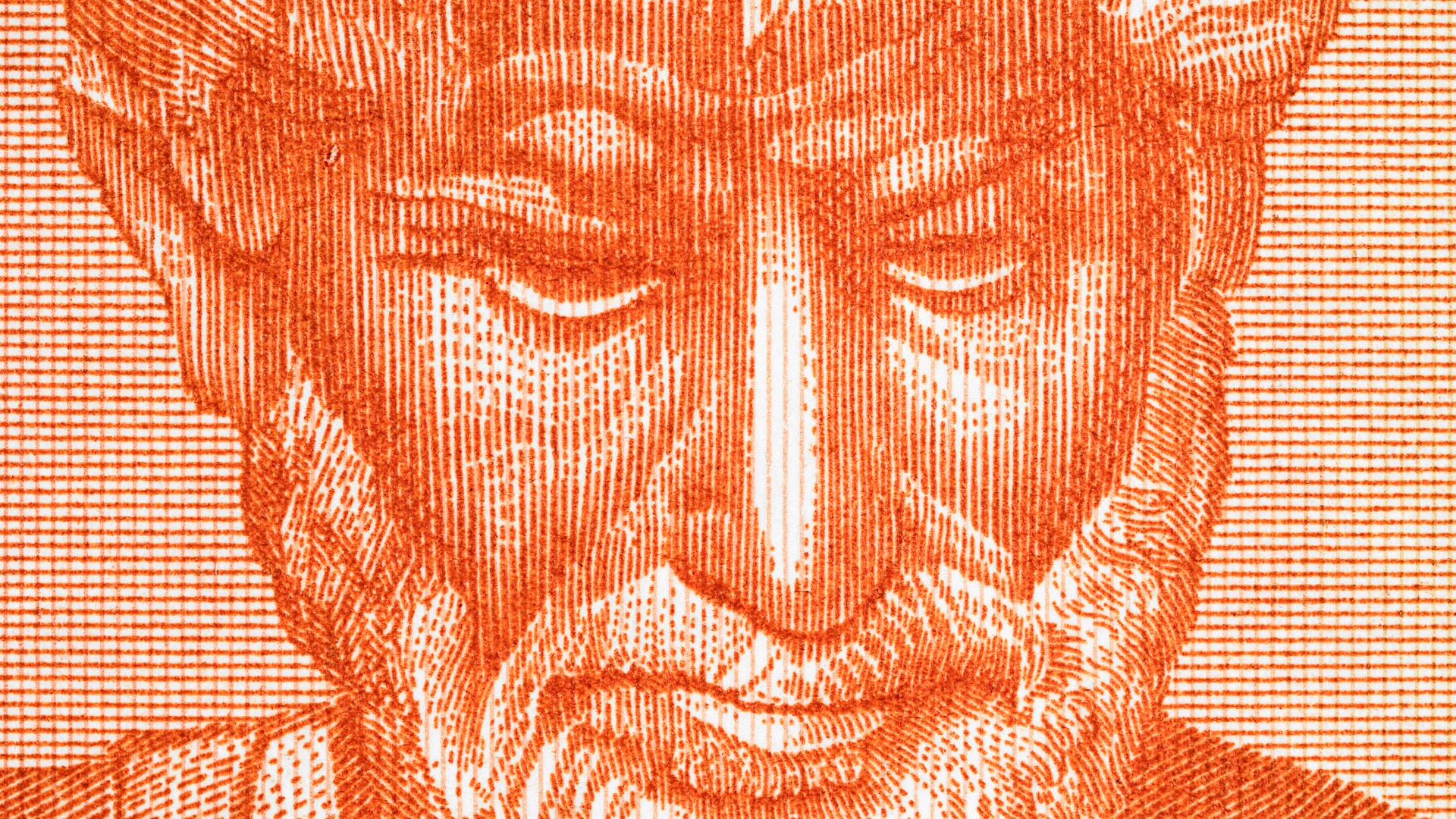People who are very attractive care more about attractiveness in a mate, while unattractive people want a partner who is kind and has a good sense of humor.
Question: What is "assortative mating?"
Dan Ariely: So "assortative mating" is the idea that if you took all men and you ranked them on how attractive they are, from the most attractive to the least attractive and you rated all women from the most attractive to the least attractive, and you can think about attractiveness as built, being built from lots of stuff—like it’s not just beauty, it could be beauty and intelligence and so on—but if you created this, it was mostly about beauty, but, you know, if you created that, it turns out that the most attractive would date the most attractive. The middle attractive would basically date the middle, and the low would date the low. Now, there could be slight deviations, but that’s what happened, and why? Because if you’re at the top and you’re a guy, you can pick anybody you want, so you would pick a woman who’s in the top and if she’s at the top, she could pick anybody she wants, she would pick you.
So now the question is, what happens to people in the middle? You know, most of us. Or, what happens to people in the middle, how do we make sense of where we are in the social hierarchy? And for me that thought actually became very kind of crucial and apparent when I got injured. So here’s what happened: you grow up, and you have some kind of space in society and you know basically where you are and you know who would date you and who would not date you, who is kind of outside of your league, in general terms, and you know where you fit in the social hierarchy. And I knew where I was in the social hierarchy, but one day I got badly injured. And, you know, I couldn’t think about romantic stuff for a long time, but when I could, all of a sudden I started wondering about where do I fall now in the social hierarchy? I was trying to think about, do I fall in the same place? I’m kind of the same person inside, but I look much less attractive. Right? And would the women who would date me before would keep on dating me now? And I said, "Why would they? They have other options, right? I’m not the only guy in the world."
So it was kind of a very difficult concept for me to think about where do I fall? Like I fell differently on the social hierarchy, I basically lost my space all of the time and I was trying to understand how this social dance happened and how we find our place. And I was really wondering about where would I find my own mate? Where would I fit in this, in this scale? And there was a lot of personal complexities with it. But eventually it led me to a study, and the study was really asking the question of how do we make sense of where we fit in the hierarchy? And there are basically kind of multiple explanations, right? You could say, you never adjust. You never, if you're kind of in the middle range, or the low range and you only are, you have to date somebody else who is in the middle range, you never make peace with it. You wake up every morning, you look at your partner across your shoulder and you say, "Well, that's the best I could do. I really wanted more, sadly, you know, I have to admit my limitations, that's the most I could do." That means you don't adapt.
It could be that you adapt. It could be that, for example, if you're unattractive, you start looking at other features that are unattractive and see them as attractive. You remember the story from Krilov when you have this wolf sees these grapes over the fence and he tries to get them and he can't get them and eventually he said, "Ah, they were sour anyway," and he goes and eats something else. All right? So you could imagine if you're unattractive yourself, you start valuing... if you're a woman you start valuing short men who are bald with bad teeth, right? I mean, you just say, these are really wonderful features: I like hairy chests, I like bald head. You basically change what you like and that actually helps you adjust. Or you can imagine that you start liking other things, you stop paying attention to attractiveness and start paying attention to other things. So we tried that in an experiment.
Initially we went to this Web site called HotOrNot. It's a wonderful Web site, you see pictures of people and you decide, you rank them on a scale from 0 to 10 about how attractive they are and then you see how you rated this person, how other people rated them. But the nice feature about this Web site is if I rate people, the Web site knows how I was rated as well, because I have my picture there as well—by the way, I'm not rated very high, I think I'm like 6.4. But the people who are rating, you know how they're rating and you know how they're rated. So now the question is, the people who are providing the rating, the people who are really attractive that are providing rating and people who are really unattractive providing the rating. And the first thing you can ask is, do they have different ratings? Are the people who are inherently unattractive, do they see beauty differently? And the answer is no, we all see beauty in the same way. The people who are 9 rate people the same way as the people who are 4 in the hotness rating. So people don't change their sense of beauty. Now you could say, so maybe they don't adjust at all, maybe they don't adapt, that the people who are 4 keep on looking for the people who are 9, or maybe they adapt some other way.
So HotOrNot has another feature which is a site called Meet Me, in which you see pictures of people and you decide, do I want to meet them or not? Now it's not just rating, it's about also thinking about the probability that you will be accepted or turned down. And it's not so embarrassing to be turned down online, but it's still a little bit embarrassing. So the question is, do people who are 9, will they approach different people than the people who are 4? And the answer is absolutely yes. The people who are 4 basically approach people who are 4 or 5, the people who are 9 approach people who are 9 or 10. People are a little optimistic, they approach a little too high, but they basically know their range.
So what happened is, people know their range, they know where they are in the social hierarchy, but at the same time, they see beauty as the same thing. So what happened? So how people solve it? Do they wake up every morning feeling bad or do they solve it in some way?
So the last step we did a speed dating event. We got people to do a speed dating event and we asked them to rate other people and lots of attributes, not just attractiveness, but all kinds of other things. And what we saw was that people who are very attractive cared more about attractiveness. This is like one of the dominating criteria, they want to date somebody who is attractive. While the people who are unattractive basically say we don't care so much about attractiveness, we want people who are kind and have a good sense of humor. So what happened is that the way people adapt, the people at the low end of the scale, is by changing your priorities. All of a sudden saying, "I want people with a different set of attributes, I don't care so much about beauty, I want somebody who's kind, goodhearted, with a good sense of humor." And that's actually the story of adaptations, so that's the story of how we are coming into a social hierarchy in a certain place, and based on our circumstances, come to understand differently what we want and don't want and how we view the world in a way that is compatible with where we are in the social hierarchy.
Recorded on June 1, 2010
Interviewed by David Hirschman






